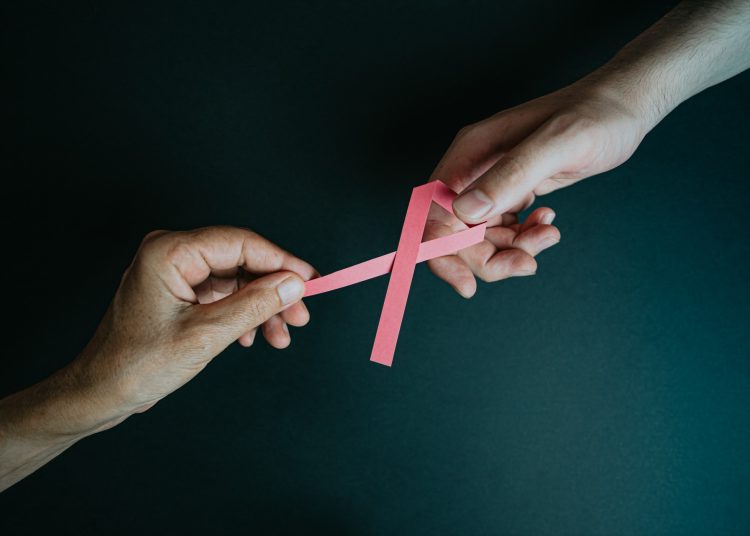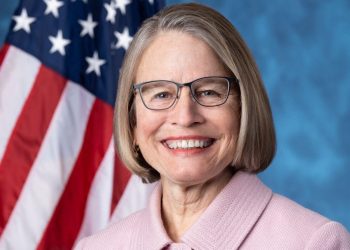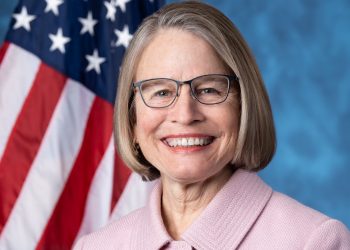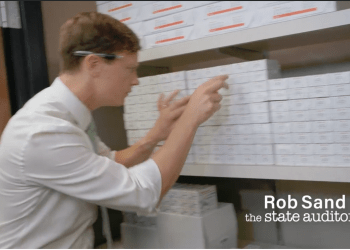October is Breast Cancer Awareness Month, a month dedicated to spreading awareness of the most diagnosed form of cancer in women.
It is estimated that over 300,000 cases of both invasive and noninvasive breast cancer will be diagnosed in women this year. Currently, there are more than 3.8 million women in the United States who are battling or have battled breast cancer at some point in their lives.
Unfortunately, many women who bear the largest risk of developing breast cancer are veterans who have suffered from the adverse effects of burn pits and other forms of toxic exposure that can lead to many forms of cancer—including breast cancer—with some studies showing active-duty military women having a 20 percent to 40 percent higher risk of developing breast cancer than their civilian counterparts.
To address this issue, I have joined my colleague, Congresswoman Julia Brownley, in introducing the bipartisan and bicameral Supporting Expanded Review for Veterans in Combat Environments (SERVICE) Act.
Having a sister and aunt who battled breast cancer and as a doctor, I have always told my patients that early detection is the key to successfully treating all types of cancer, especially localized breast cancer that has a 99% survival rate if detected early.
Under the SERVICE Act, the Department of Veterans Affairs (VA) would be directed to provide mammogram screenings for female veterans who served in areas associated with burn pits and other toxic exposure.
Our veterans risked their lives and their health in service to our country. Many veterans who were exposed to toxins and burn pits need treatment and screening to prevent long-term health issues. Female veterans are especially at-risk for several types of cancer, especially breast cancer.
I would like to thank Congresswoman Brownley for her partnership on this important issue to help those who served and to further bring awareness of the importance of regular mammogram screenings.














